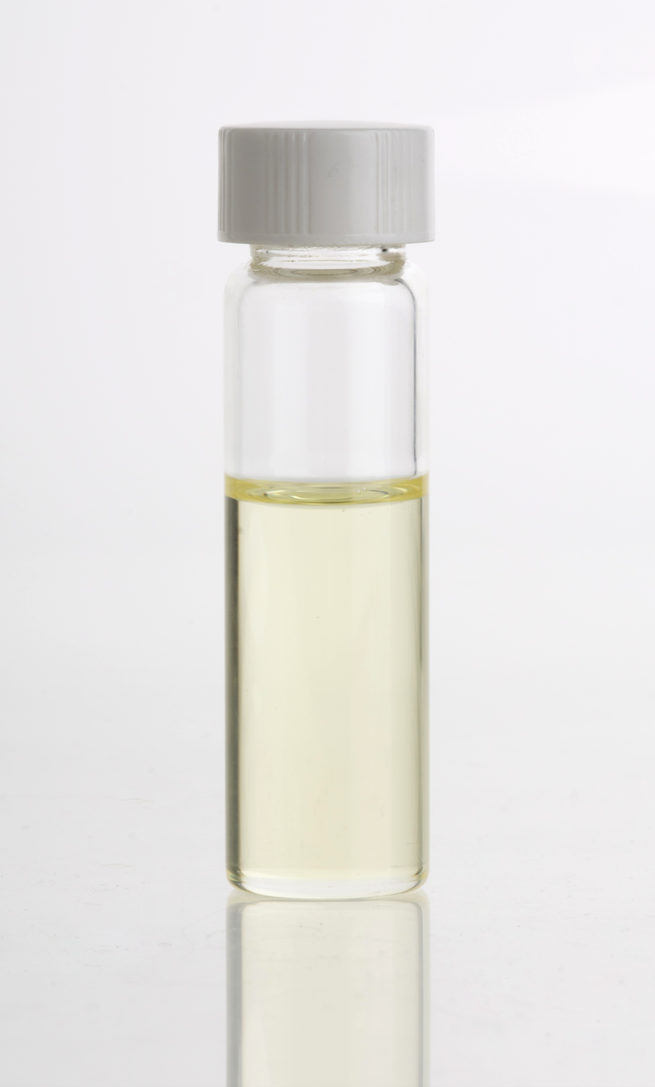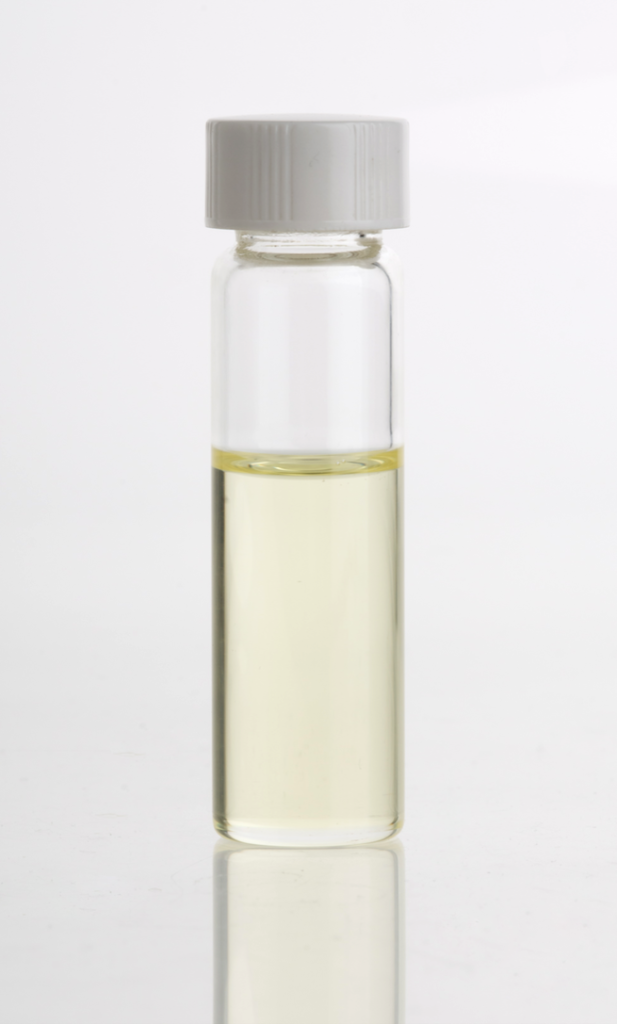
-
Carrier Oil
Carrier oil, also known as base oil or vegetable oil, is used to dilute essential oils and absolutes before they are applied to the skin in massage and aromatherapy. They are so named because they carry the essential oil onto the skin. Diluting essential oils is a critical safety practice when using essential oils. Essential oils alone are volatile; they begin to dissipate as soon as they are applied. The rate of dispersion will vary based on how light or heavy the carrier oil is. Carrier oils do not contain a concentrated aroma, unlike essential oils, though some, such as olive, have a mild distinctive smell. Neither do they evaporate like essential oils, which are more volatile. The carrier oils used should be as natural and unadulterated as possible. Many people feel organic oils are of higher quality. Cold-pressing and maceration are the two main methods of producing carrier oils.
There is a range of different carrier oils, each with a various therapeutic properties. Choosing an oil will depend on the area being massaged, the presenting conditions and the clients sensitivity and requirements. For massage, viscosity is a major consideration; for example, grape seed oil is typically very thin, while olive oil is much thicker. Sunflower, sweet almond and grape seed oils have viscosities midway between these extremes. Carrier oils can be easily blended to combine their properties of viscosity, acceptability, lubrication, absorption, aroma and so forth.
Infused oils are a combination of a carrier oil and plant material and they can be either commercially or domestically prepared. A base oil, often sunflower, is placed in an airtight container with the appropriate plant material for a time. Calendula and carrot oils are produced in this way.
High quality oils sold for culinary use are often eminently suitable for massage use, and are economical; those obtained by cold pressing are preferred. All carrier oils should be kept cool, and away from strong light, to retard rancidification. Rancid oils should be avoided. Refrigerating oils helps preserve their freshness but some oils should not be refrigerated (e.g. avocado). Very cold oils may appear cloudy, but regain their clear state on returning to room temperature.
Sources passionately disagree on the suitability of mineral oil as a carrier oil. In the United States, food grade mineral oil is highly refined and purified to meet the stringent requirements of the Food and Drug Administration (FDA). Mineral oil marked as “USP” also meets the standards of the U.S. Pharmacopeia.
-
Essential Oil
An essential oil is a concentrated hydrophobic liquid containing volatile (easily evaporated at normal temperatures) chemical compounds from plants. Essential oils are also known as volatile oils, ethereal oils, aetheroleum, or simply as the oil of the plant from which they were extracted, such as oil of clove. An essential oil is “essential” in the sense that it contains the “essence of” the plant’s fragrance—the characteristic fragrance of the plant from which it is derived. The term “essential” used here does not mean indispensable or usable by the human body, as with the terms essential amino acid or essential fatty acid, which are so called because they are nutritionally required by a given living organism.Essential oils are generally extracted by distillation, often by using steam. Other processes include expression, solvent extraction, sfumatura, absolute oil extraction, resin tapping, wax embedding, and cold pressing. They are used in perfumes, cosmetics, soaps and other products, for flavoring food and drink, and for adding scents to incense and household cleaning products. Essential oils should not be confused with perfume, fragrance, etc. as the latter usually include pure chemical components whereas essential oils are derived from plants.
Essential oils are often used for aromatherapy, a form of alternative medicine in which healing effects are ascribed to aromatic compounds. Aromatherapy may be useful to induce relaxation, but there is not sufficient evidence that essential oils can effectively treat any condition. Improper use of essential oils may cause harm including allergic reactions , inflammation and skin irritation, and children may be particularly susceptible to the toxic effects of improper use.

